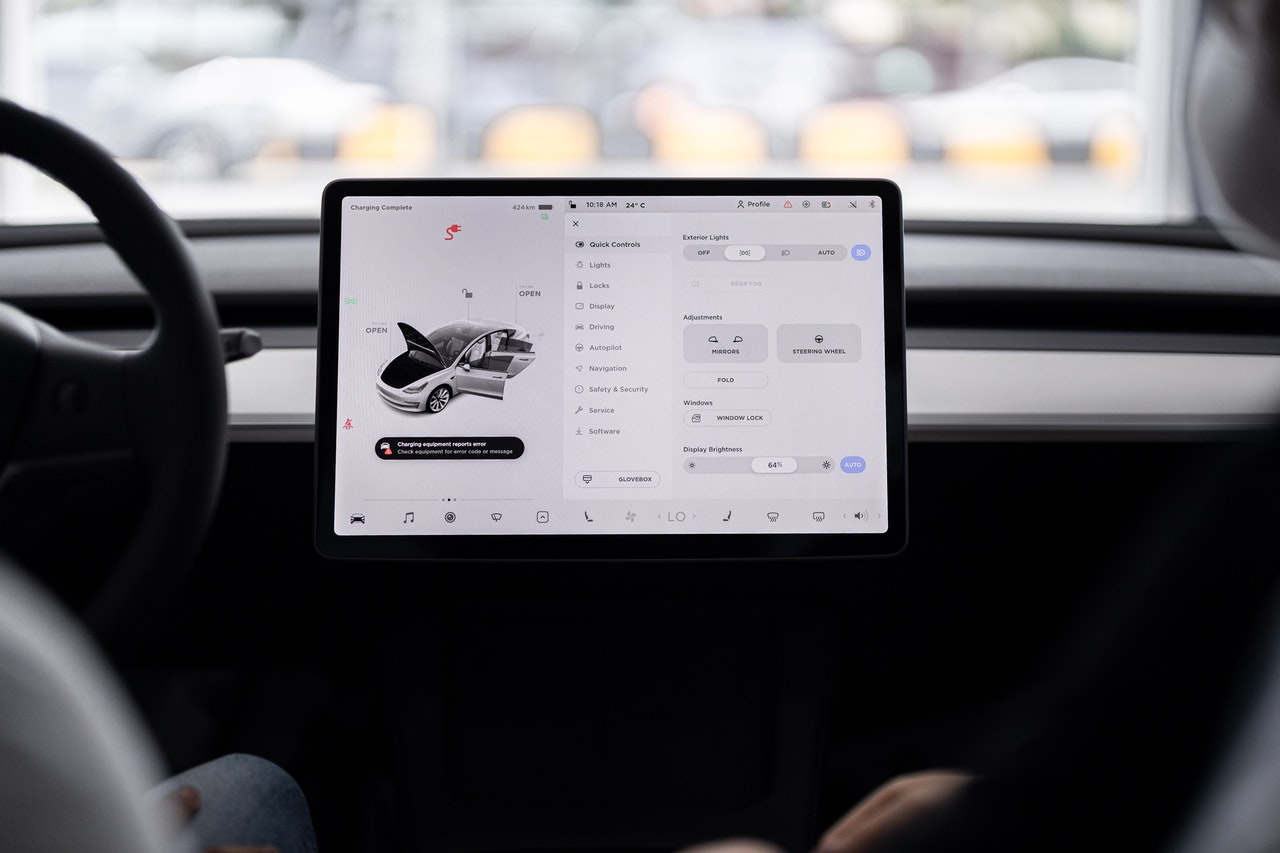Effective management of IRS mileage rate changes is crucial for businesses aiming to optimize financial efficiency and minimize operational costs associated with vehicle use. These changes, such as the 2024 standard mileage rate adjustment to 67 cents per mile for business use, directly influence deductible expenses and tax liabilities related to business-related driving.

Everlance, a leading mileage tracking and expense management tool, plays a pivotal role in navigating these changes. By automating mileage tracking through GPS technology, Everlance ensures accurate and comprehensive documentation of business miles. This capability not only simplifies compliance with IRS regulations but also enhances the accuracy of deductible expense reporting.
In this guide, we will explore how IRS mileage rate adjustments impact business expenses and how tools like Everlance can assist businesses in maximizing tax deductions, improving financial planning, and maintaining regulatory compliance. By understanding these dynamics, businesses can effectively leverage IRS mileage rates to optimize operational efficiency and achieve sustainable growth.
Learn more about the IRS mileage rate
The impact of IRS mileage rate changes on business expenses can be significant, influencing financial planning and operational strategies in several ways:
Cost of business travel: IRS mileage rates directly affect the deductible expenses related to business travel using personal vehicles. When rates increase, the cost per mile deducted from taxable income rises, impacting the overall cost-effectiveness of using personal vehicles for business purposes.
Budgeting and financial forecasting: Fluctuations in mileage rates necessitate adjustments in budgeting and financial forecasting. Businesses must anticipate these changes to accurately project future expenses and manage cash flow effectively.
Tax deductions: Changes in IRS mileage rates directly affect the amount businesses can deduct for mileage expenses on their tax returns. Higher rates may increase deductible expenses, reducing taxable income and potentially lowering tax liabilities.
Operational efficiency: Businesses may need to reassess operational efficiency in light of mileage rate changes. This could involve optimizing travel routes, reconsidering vehicle usage policies, or exploring alternative transportation options to minimize costs.
Employee reimbursement: Mileage rate changes also impact employee reimbursement policies. Businesses must adjust reimbursement rates to align with current IRS guidelines, ensuring fair compensation for employees while maintaining cost control.
Compliance and documentation: Keeping abreast of IRS rate changes requires businesses to maintain meticulous records of mileage and expenses. Accurate documentation is crucial for IRS compliance and substantiating deduction claims during audits.
Strategic planning: Businesses can leverage rate changes strategically by evaluating the most cost-effective methods for vehicle use. This might include comparing the standard mileage rate with the actual expense method to determine the optimal approach for maximizing deductions.
Overall, staying informed about IRS mileage rate changes is essential for businesses to effectively manage expenses, optimize tax deductions, and maintain financial stability. By adapting proactively to these changes, businesses can navigate regulatory complexities while enhancing operational and financial performance.
Comply with tax regulations properly
To avoid the potential pitfalls of improper tax tracking and ensure compliance with tax regulations, follow these essential practices:
Understand tax laws and regulations
Stay informed about relevant tax laws, regulations, and updates that impact your business. Everlance website offers a comprehensive guide with all needed information regarding mileage tracking and IRS compliance.

Separate personal and business expenses
Maintain separate accounts and credit cards for personal and business expenses to facilitate accurate tracking. Avoid commingling funds, which can complicate tax reporting and auditing.
Track mileage and deductible expenses
Utilize a dedicated mileage tracking app or tool, such as Everlance, to log business-related miles automatically. Categorize expenses promptly and accurately to maximize deductible mileage and minimize tax liabilities.
Regularly reconcile accounts
Reconcile bank statements, credit card statements, and financial records regularly to identify discrepancies or errors promptly. Address any discrepancies immediately to maintain accurate financial reporting.
Plan for taxes throughout the year
Develop a proactive tax strategy and plan for estimated tax payments throughout the year. Monitor cash flow and budget accordingly to avoid unexpected tax obligations or penalties.
By adopting these practices and leveraging technology where possible, you can minimize the risk of tax-related issues, maintain compliance with tax laws, maximize deductible expenses, and promote financial stability for your business.